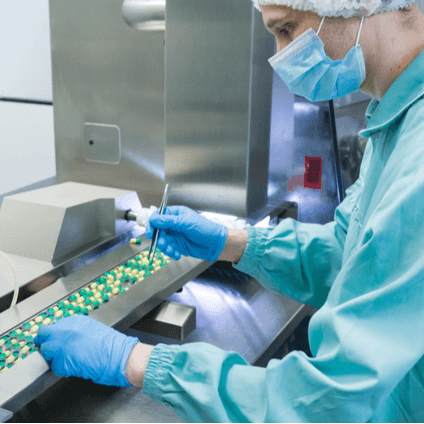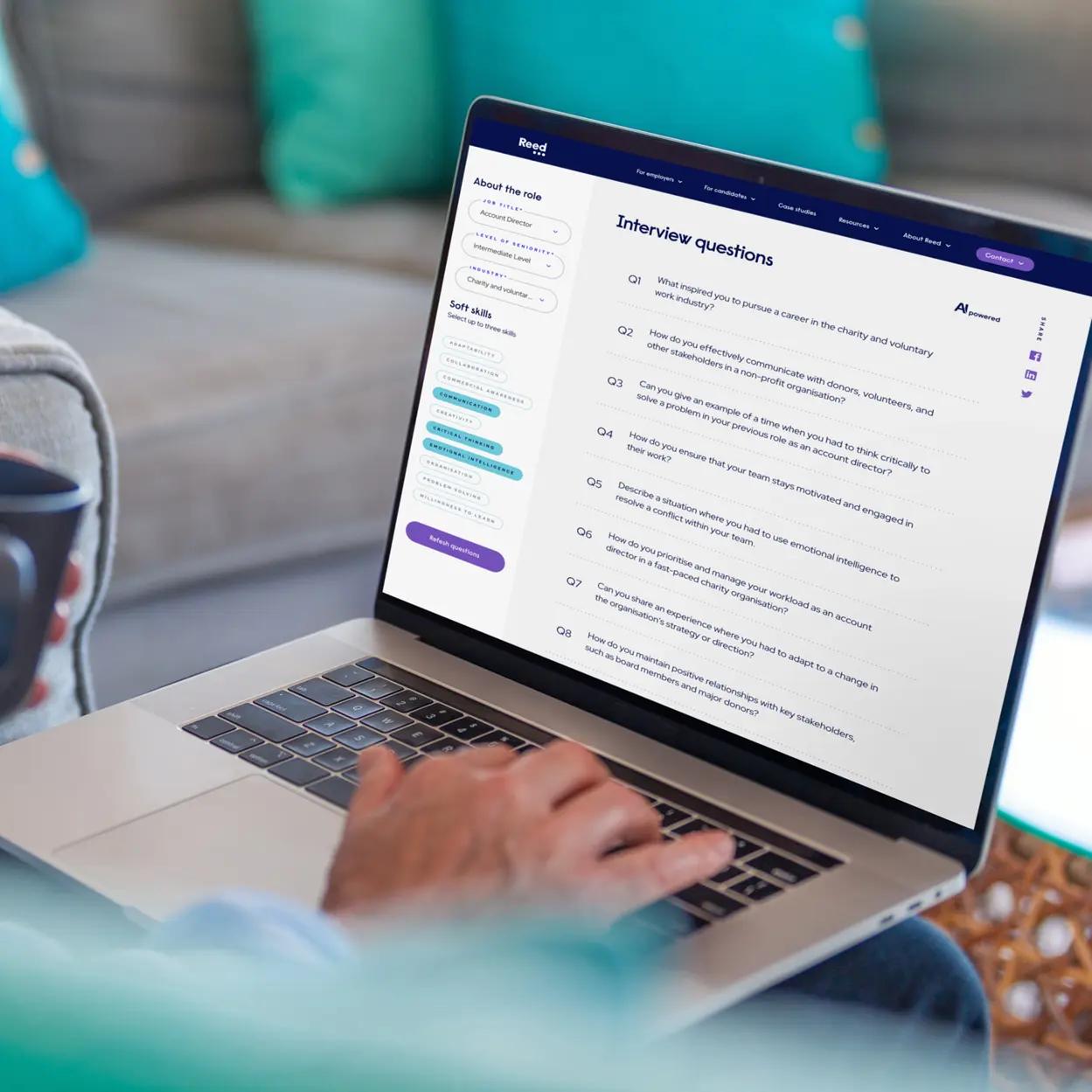While the coronavirus is currently preoccupying the global population, there is another, more insidious, threat to human health which must be addressed by the scientific community: antibiotic resistance.
Antibiotics were once the pinnacle of medicine, helping to fight bacterial infections which had been a nuisance to humanity for centuries. However, just like humans, diseases can evolve and adapt.
Patients demanding treatment for minor ailments, along with the widespread use of antibiotics in agriculture, has exacerbated the use of these drugs across the globe. The overuse and oversubscription of antibiotics has given diseases ample opportunity to adapt to how these treatments attack them, enabling them to become increasingly resistant.
Globally, an estimated 700,000 people now die from drug-resistant infections every year. The O’Neill Review on Antimicrobial Resistance has estimated that failure to tackle this issue could result in 10 million deaths per year and a cost of $100 trillion by 2050.
It is imperative that the global community acts to resolve this growing crisis.
The challenge of antimicrobial resistance
In his report, economist Jim O’Neill listed four key steps global authorities need to take to combat this issue: a global public awareness campaign, finding a new supply of drugs to replace old antibiotics, using existing treatments more sparingly, and reducing the extensive and unnecessary use of antibiotics in agriculture.
The UK government has already begun to act by mandating a decrease in the use of antibiotic treatments. The NHS no longer routinely uses antibiotics to treat various ailments.
Scientists are also adapting to this new reality. They recognise the need for faster and better diagnoses, to ensure that treatments are targeted and effective.
Researchers are starting to use ‘whole blood’ tests to identify whether bacterial infections have developed antibiotic resistance genes within one hour. This helps doctors to identify whether antibiotics will have any effect and, if so, prescribe the best antibiotic to administer to patients with bloodstream infections.
How scientists are tackling antibiotic resistant diseases
With existing antibiotics becoming increasingly ineffective, scientists are now searching the globe for alternatives. That search is focusing on finding antibiotics which already exist in everyday environments, including the human body.
Researchers have already discovered a bacterium found in the human nose which could be used as an antibiotic against hospital ‘superbug’ MRSA. MRSA is an antibiotic-resistant form of the bacterium staphylococcus aureus. The scientists found that when another bacterium, staphylococcus lugdunensis, is present in the nose alongside staphylococcus aureus, it can prevent the latter’s growth, often eradicating it completely. This study has highlighted the constant microbial war being waged inside the body, between harmful and helpful bacteria.
To aid the search for new antibiotics, the Liverpool School of Tropical Medicine has created a ‘Swab and Send’ scheme. The department is asking people to swab areas where there could be “interesting microbes”. Examples include the back of a cupboard, bottom of a bin or even on a mobile phone. Participants then return the swabs to the institution, who will determine if there are any bacteria present on the swabs and if these bacteria are making antibiotics.
Scientists are even using artificial intelligence to aid antibiotic discovery. Researchers at the Massachusetts Institute of Technology have created an algorithm to rapidly examine millions of chemical compounds which could be turned into treatments.
These sorts of resourceful schemes are critical to the future of humans. A failure to discover new antibiotics could see diseases like tuberculosis and sepsis return as serious threats to human health.
Plus, even if scientists do discover new antibiotics, it will be incumbent upon both medical staff and patients to ensure that these are not oversubscribed, otherwise we’ll simply end up back in the same predicament.
If you are looking to recruit scientists to help create new antibiotics, or are a scientist looking for your next role, get in touch with your local Reed office.



